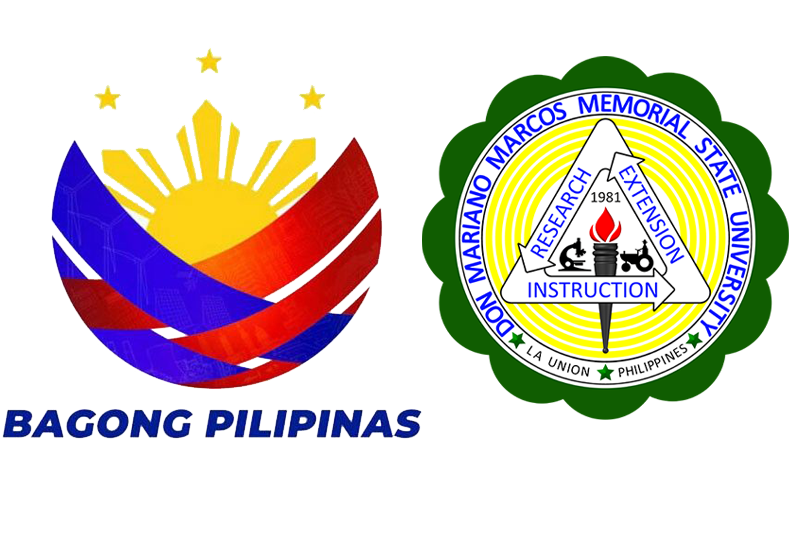“Technology transfer in the production of solar sea salt using high-density polyethylene (HDPE) platform”, an extension project of Dr. Junifer Rey E. Tabafuda, and Dr. Andie John D. Tadeo of the North La Union Campus (NLUC), won the first place both in the oral presentation and best paper competitions during the 8th Regional Agriculture and Fisheries Extension Network (RAFEN) 1 Symposium held at the Nueva Segovia Consortium of Cooperatives (NSCC) Hotel, Caoayan, Ilocos Sur on October 19-20, 2023.


Anchored in the theme “RAFEN UNO Agripreneurs: Building Resilience and Sustaining Excellence,” the symposium was participated in by representatives from Region 1’s National Government Agencies (NGAs), State Universities and Colleges (SUCs), Provincial Government Units (PLGUs), Local Government Units, RAFEN 1 Member Agencies, Farmers’ Cooperatives and Associations, and RAFEN 1 Convergence Beneficiaries.
Dr. Tadeo presented their paper. He and Chancellor Tabafunda were accompanied by Dr. Emerita D. Galiste, Director for Extension; and Prof. Rodolfo G. Nillo, Coordinator for Extension Planning, Budget, Monitoring, and Evaluation.
When asked about the key takeaways from the project, Dr. Tadeo shared:
“Our presentation at the 8th Regional Agriculture and Fisheries Extension Network (RAFEN) 1 Symposium was a great opportunity to showcase our project. I had the privilege of presenting our findings to an audience that included representatives from various sectors related to agriculture and fisheries. We highlighted the benefits of our technology transfer project, emphasizing how it can help improve sea salt production while promoting sustainability. The key takeaways were the cost-efficiency of our approach, its positive impact on salt production yields, and the potential for reducing the environmental footprint of sea salt production.”
Dr. Tadeo further expounded how their project aligns with the theme:
“Our project aligns perfectly with the symposium’s theme. By introducing an innovative and sustainable approach to sea salt production, we are helping local communities build resilience in their agricultural practices. Traditional salt production methods are often vulnerable to environmental factors and climate change. Our technology not only increases production efficiency but also reduces the environmental impact, making it a more resilient and sustainable option for the long term. It contributes to sustaining excellence in the agricultural sector by promoting higher-quality and environmentally responsible sea salt production.” (By Ayu)



